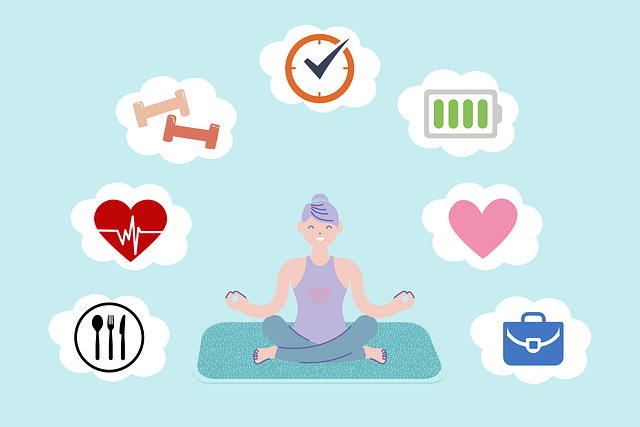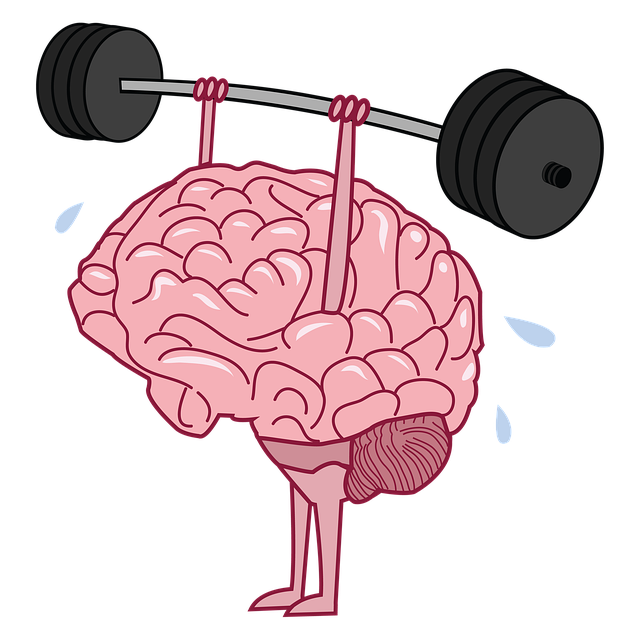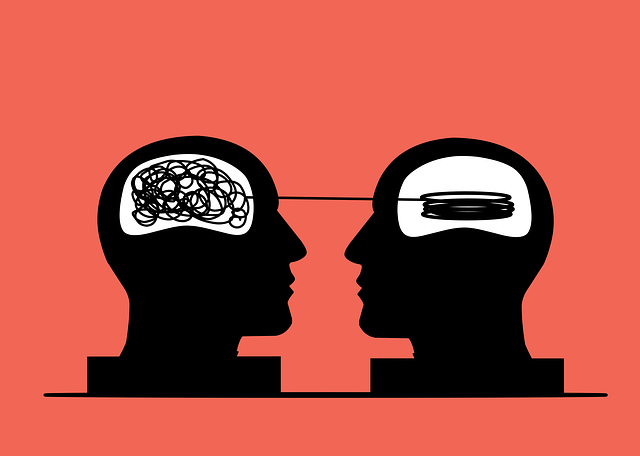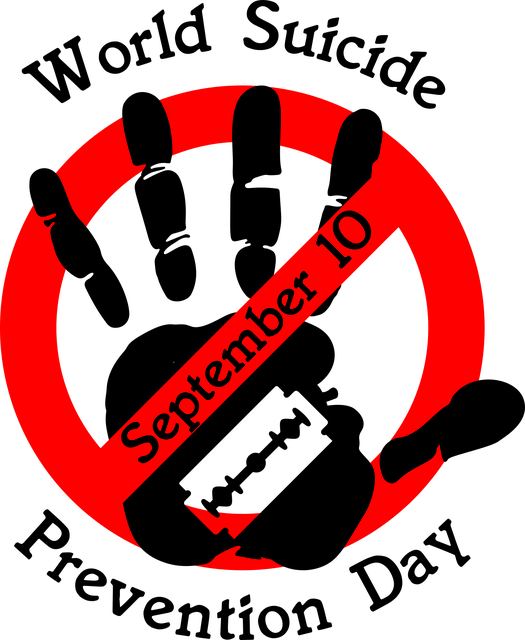Anxiety in the workplace, driven by factors like high pressure and heavy workloads, is a significant concern for employees. Organizations can combat this through targeted coping strategies, such as Stress Management Workshops, which build resilience and emotional regulation skills. Cognitive Behavioral Therapy (CBT) is an effective approach to managing job-related anxiety, modifying negative thought patterns and promoting mental resilience. Mindfulness and relaxation techniques, like deep breathing and meditation, are essential tools for navigating workplace stress, fostering self-awareness, and improving overall well-being. Building adaptability and resilience through practices like meditation and open communication cultivates a healthier work culture, addressing prevalent Centennial Workplace Issues and Job Stress Therapy.
Anxiety in the workplace is a prevalent issue, affecting productivity and overall well-being. This article explores effective strategies to manage job-related anxiety, offering valuable insights for professionals navigating the challenges of the modern workspace. We delve into understanding common triggers and symptoms, providing evidence-based solutions like Cognitive Behavioral Therapy (CBT) and mindfulness practices. Additionally, we discuss building resilience, equipping readers with tools to adapt and overcome workplace anxieties in today’s fast-paced environment.
- Understanding Anxiety in the Workplace: Unveiling Common Triggers and Symptoms
- Cognitive Behavioral Therapy (CBT): A Powerful Tool for Managing Job-Related Anxiety
- Mindfulness and Relaxation Techniques to Combat Stressful Workdays
- Building Resilience: Strategies for Adaptability and Overcoming Workplace Anxieties
Understanding Anxiety in the Workplace: Unveiling Common Triggers and Symptoms

Anxiety in the workplace is a prevalent issue that can significantly impact an employee’s well-being and productivity. Understanding the triggers and symptoms is the first step towards managing it effectively. Common workplace anxiety often stems from various factors, such as high-pressure environments, heavy workloads, tight deadlines, and interpersonal relationships with colleagues or supervisors. These stressors can lead to a range of symptoms, including excessive worrying, restlessness, rapid heartbeat, difficulty concentrating, irritability, and physical manifestations like headaches or muscle tension.
Identifying these triggers is crucial for developing tailored strategies to cope. Many organizations now recognize the importance of addressing job-related stress through initiatives like Stress Management Workshops, which aim to build resilience and emotional regulation skills among employees. These workshops can provide valuable tools for navigating challenging workplace scenarios, fostering a healthier work environment, and ultimately enhancing overall well-being.
Cognitive Behavioral Therapy (CBT): A Powerful Tool for Managing Job-Related Anxiety

Cognitive Behavioral Therapy (CBT) has emerged as a powerful tool for managing job-related anxiety in today’s fast-paced and often stressful work environments, addressing common Centennial Workplace Issues and Job Stress. This therapy focuses on identifying and changing negative thought patterns that contribute to anxiety and stress. By challenging unhelpful beliefs and replacing them with more realistic and positive ones, CBT equips individuals with effective coping strategies for navigating job pressures.
Through CBT, professionals can learn stress reduction methods tailored to their unique needs, including social skills training to enhance interactions in the workplace. This holistic approach not only addresses the symptoms of anxiety but also empowers individuals to prevent burnout by developing resilient mental habits. By integrating these techniques into daily routines, employees can foster a healthier work-life balance and improve overall job satisfaction.
Mindfulness and Relaxation Techniques to Combat Stressful Workdays

In today’s fast-paced and often stressful work environments, mindfulness and relaxation techniques are powerful tools to navigate the challenges of a Centennial Workplace. These practices allow individuals to take a step back from their busy schedules and focus on the present moment, effectively managing anxiety and promoting mental well-being. By integrating simple yet effective mindfulness exercises into daily routines, employees can enhance their Mind Over Matter Principles and cultivate a sense of calm amidst the chaos.
One such technique involves deep breathing exercises that help slow down racing thoughts and reduce physical tension. Taking a few minutes during a hectic workday to practice these exercises can significantly lower stress levels. Additionally, mindfulness meditation encourages individuals to observe their thoughts without judgment, fostering self-awareness and Self-Esteem Improvement. As mental health professionals recognize, effective Risk Management Planning often includes integrating such practices into employee wellness programs to create a healthier, more productive workplace culture.
Building Resilience: Strategies for Adaptability and Overcoming Workplace Anxieties

In today’s fast-paced and often stressful work environments, building resilience is a vital strategy for navigating Centennial Workplace Issues and Job Stress Therapy. Adaptability is key to overcoming workplace anxieties; it empowers individuals to navigate challenges with grace and composure. This involves cultivating a mindset that embraces change and uncertainties, allowing one to adapt effectively to shifting priorities and demands. Mental wellness podcast series production often highlights the power of mindfulness, self-care, and effective communication as tools for building resilience.
Emotional healing processes play a significant role in stress reduction methods, helping employees manage their responses to workplace pressures. By integrating various techniques such as meditation, deep breathing exercises, and cognitive behavioral therapy (CBT), organizations can support their staff in cultivating mental wellness. These strategies not only enhance overall well-being but also foster a culture where open discussions about anxiety are encouraged, promoting a healthier work environment.
Managing anxiety in the workplace is a multifaceted approach, from understanding common triggers to implementing effective therapy methods like Cognitive Behavioral Therapy (CBT) and cultivating resilience. By integrating mindfulness practices and adopting strategies for adaptability, individuals can navigate the challenges of modern work environments with enhanced well-being. This holistic approach not only alleviates job-related stress but also fosters a healthier, more productive Centennial Workplace, where employees thrive despite inevitable issues and pressures.














